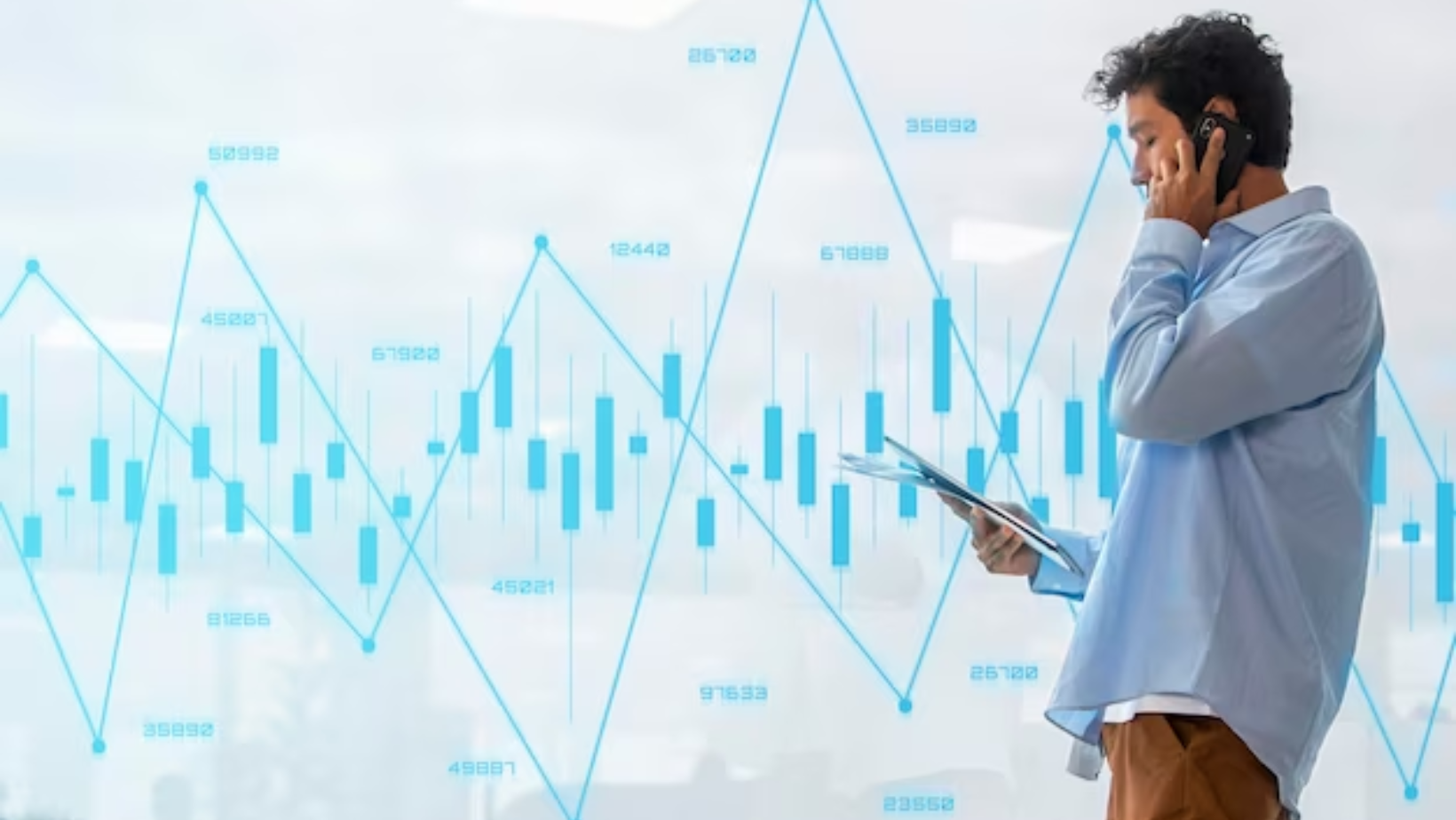Introduction
In the world of finance and investments, the phrase “time in the market beats timing the market” has become a mantra for many investors. This adage highlights the significance of staying invested in the market rather than trying to predict the perfect moment to enter or exit. While it might sound like a simple concept, its implications are profound. In this blog post, we’ll delve deeper into the cost of being out of the market and explore why staying invested can be a wise financial decision.
The Fear of Missing Out (FOMO)
One of the most significant costs of being out of the market is the fear of missing out, often abbreviated as FOMO. FOMO is a powerful psychological phenomenon that can drive investors to make irrational decisions. When you’re not invested in the market, watching stocks soar can be an emotionally challenging experience. You may feel like you’re missing out on potential gains, and this anxiety can lead to impulsive and poorly considered investment choices.
Missed Opportunities
Another cost of staying out of the market is the missed opportunities for growth and wealth accumulation. Historically, the stock market has shown an upward trajectory over the long term, despite short-term fluctuations and market crashes. By not participating, you miss the chance to benefit from compounding returns, dividend payments, and capital appreciation.
Inflation Erodes Purchasing Power
Inflation is the gradual increase in the prices of goods and services over time. While it may seem harmless in small doses, inflation can erode your purchasing power if your money isn’t invested and earning a return that outpaces it. If your savings are sitting idle in a bank account or under the mattress, their real value diminishes over time. In essence, you’re losing money by not being in the market.
Opportunity Cost
Opportunity cost refers to the potential benefits you forgo when you choose one option over another. In the context of investing, the opportunity cost of being out of the market is the returns you could have earned if you had invested your money instead of keeping it in cash or low-yield investments. The longer you stay out of the market, the greater the opportunity cost becomes.
Diversification and Risk Management
Investing in a diversified portfolio of assets can help manage risk. By staying out of the market, you miss the opportunity to spread your investments across various asset classes like stocks, bonds, and real estate. Diversification can help protect your portfolio from significant losses in any one investment, enhancing your overall risk management strategy.
Conclusion
While the allure of market timing and the temptation to jump in and out of investments may be strong, the cost of being out of the market can be substantial. From FOMO-induced decisions to missed opportunities and the erosion of purchasing power due to inflation, there are many reasons why staying invested is a wise choice.
It’s essential to remember that investing should align with your financial goals, risk tolerance, and time horizon. Instead of trying to time the market, consider a long-term investment strategy that suits your needs. By staying invested and remaining patient, you can potentially reap the rewards of compounding returns and build a more secure financial future.

